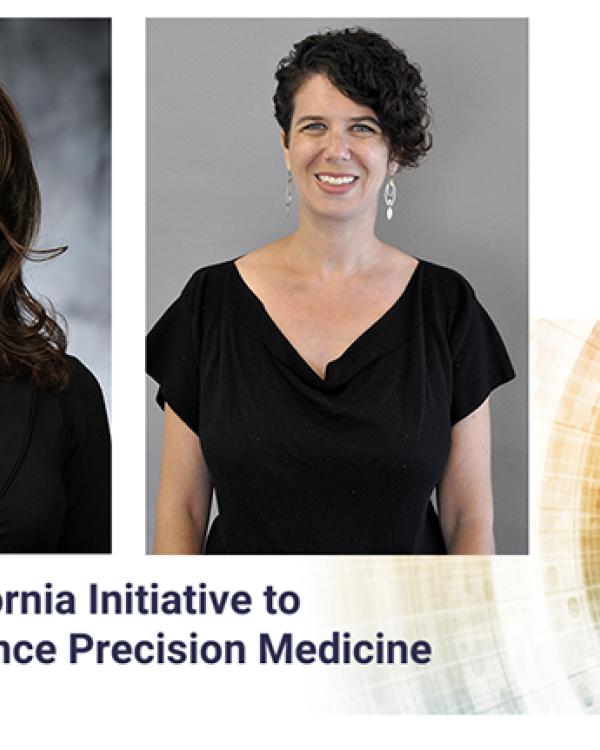
Maryam Kia-Keating and Miya Barnett of UC Santa Barbara’s Gevirtz School are part of a team that has been awarded a $2.4 million grant to address Adverse Childhood Experiences (ACEs). The California Governor’s Office of Planning and Research, in partnership with the Office of the CA Surgeon General, chose this project as one of four awardees for the California Initiative to Advance Precision Medicine request for proposals, Addressing Health Impacts of Adverse Childhood Experiences through a Collaborative Precision Medicine Approach.
Kia-Keating is a PI and Barnett a key partner in a project led by Dr. Neeta Thakur from UC San Francisco, "The Collaborative Approach to Examining Adversity and Building Resilience (CARE) Program." The cross-disciplinary team will study how to enhance resilience in children and families who have experienced adversity. Though it is well understood that ACEs can impact life-long health, more knowledge is required, from both scientists and communities, to personalize and implement interventions to fit individual physiology and environmental circumstances. This project draws upon clinical intervention, stress-biology science, and community partnership to help us understand which children are most vulnerable to the effects of ACEs, what family and community-level factors provide the most buffering protection, and which interventions most improve child and family outcomes—and for whom.
Gevirtz School alumna Sabrina Liu (Ph.D., CCSP, ’20), currently a postdoctoral researcher at Chapman University, is also a key partner for one of the parallel grants from the Office of planning and Research, UC Irvine’s project "Using Precision Medicine to Tackle Impacts of Adverse and Unpredictable Experiences on Children's Neurodevelopment."
Dr. Kia-Keating, is a Professor of Clinical Psychology in the Department of Counseling, Clinical, and School Psychology (CCSP). She received her Ph.D. from Boston University in Clinical Psychology and an Ed.M. from Harvard University in Risk and Prevention for School Aged Children and Adolescents. Her undergraduate education took place at Dartmouth College, where she majored in Psychology, minored in English and received a certificate in Women’s Studies. Dr. Kia-Keating completed both her predoctoral clinical internship and postdoctoral training at UC San Diego.
Her academic interests span across a number of areas: developmental psychopathology, mental health prevention for youth, resiliency, and school-based interventions. Her research examines the impact of stressful events and adversity on developmental trajectories, among a variety of diverse populations and contexts. Specifically, she is interested in those groups who have experienced high levels of exposure to adversities and traumatic experiences during childhood and/or adolescence, including childhood sexual abuse survivors, and refugee and immigrant youth who have been exposed to war violence and other adversities. Dr. Kia-Keating's research aim is to better identify the factors and processes that explain both risk and resilience in the face of these high-risk environments. She is the director of the Trauma, Recovery, and Resilience Clinic.
Dr. Barnett is an Assistant Professor of Clinical Psychology in the Department of Counseling, Clinical, and School Psychology where she runs the Promoting Access through Dissemination/implementation Research on Evidence-based Services (PADRES) Lab and Parent-Child Interaction Therapy (PCIT) Clinic. She completed her doctoral training in Clinical Psychology at central Michigan University, her predoctoral internship at the University of Miami, Miller School of Medicine, and her postdoctoral training on the NIMH-funded 4KEEPS project at UCLA. She specializes in Parent-Child Interaction Therapy (PCIT) and she is certified by PCIT International as a Level 1 Trainer. As director of the PCIT Clinic (in the Hosford Clinic), she trains graduate students, provides supervision, and conducts outreach events. Her research is focused on how to improve the dissemination and implementation of PCIT and other parenting programs to increase access in care to underserved communities.